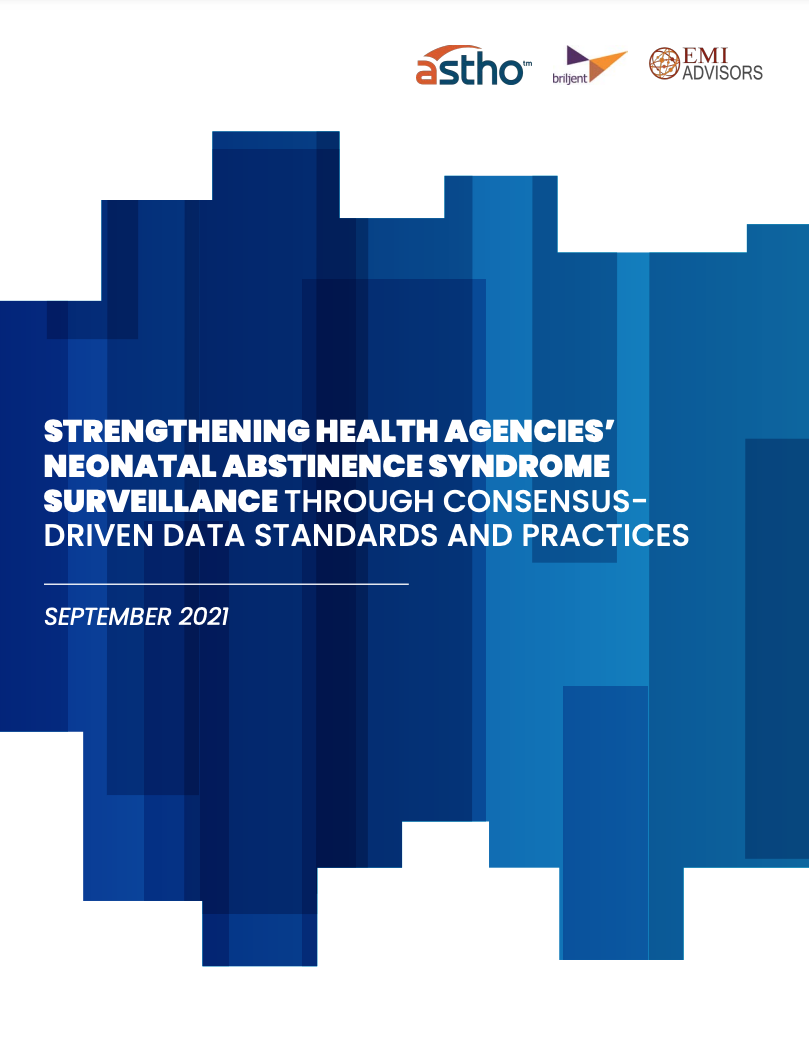Blog
Tech-Enhanced Coordination: Using Data-Driven Approaches in Alternative Payment Models
The AHEAD Model is a pioneer initiative aiming to reshape state and regional health systems through a Total Cost of Care (TCOC) approach. The Making Care Primary (MCP) Model, a 10.5-year multi-payer initiative, builds upon the successes of previous models like Comprehensive Primary Care (CPC), CPC+, and Primary Care First (PCF), as well as the Maryland Primary Care Program (MDPCP). MCP elevates primary care services and sets the stage for a high-performing health system.
Connecting Care: EMI Joins CDC's MATCH Initiative to Improve Diabetes Prevention and Management
Diabetes, the eighth leading cause of death in the United States (US), is characterized by elevated blood sugar levels disrupting the body's ability to produce or effectively use insulin. This growing chronic condition extends beyond individual health, posing threats to diverse populations across socioeconomic landscapes.
Environmental Drivers of Health: Embracing Models of Complex Adaptive Systems Thinking
In today's rapidly evolving world, there has been a shift in healthcare priorities to focus on the nonmedical factors that impact individuals, which include environmental and social risk factors.
From the air we breathe to the water we drink, the environment plays a pivotal role in shaping our well-being. At the intersection of these complex dynamics where public health and environmental health converge, there is an opportunity for technology and analytics to pave a path for a healthier biological and environmental future.
Connect with EMI Advisors at HIMSS24
EMI Advisors will be in Orlando at HIMSS24. Let’s connect! Check out our sessions or email hello@emiadvisors.net to set up some face time to chat about topics important to you.
Connect with EMI Advisors at AMIA 2023 Annual Symposium
EMI Advisors will be in New Orleans at AMIA23. Let’s connect! Check out our sessions or email hello@emiadvisors.net to set up some face time to chat about topics important to you.
EMI Helps the U.S. Navy Better Understand Climate Impacts Using Data Analytics
The impacts of climate change on different sectors of society are interrelated. Drought can harm food production and human health through water scarcity, famine, malnutrition, and increased health risks. Flooding can spread diseases and damage ecosystems and infrastructure by contaminating water sources, creating a breeding ground for disease-carrying insects and disrupting natural environments. These interconnected environmental factors underscore the urgent need for a coordinated response to mitigate its effects on our population and planet.
Connect with EMI Advisors at HIMSS23
EMI Advisors will be in Chicago at HIMSS23. Let’s connect! Check out our sessions or email hello@emiadvisors.net to set up some face time to chat about topics important to you.
Advancing SDOH and Health Equity Data Interoperability: A Pulse Check on the Gravity Project
Over the past three years, the Gravity Project team has convened over 3,000 individuals (and counting) to develop consensus-based data standards to improve how we use and share information on SDOH. These data standards encompass both the language and words that give meaning to this information (i.e., Gravity Terminology) and the technical specifications that allow for the seamless electronic exchange of this information across disparate systems (i.e., Gravity FHIR Implementation Guide).











